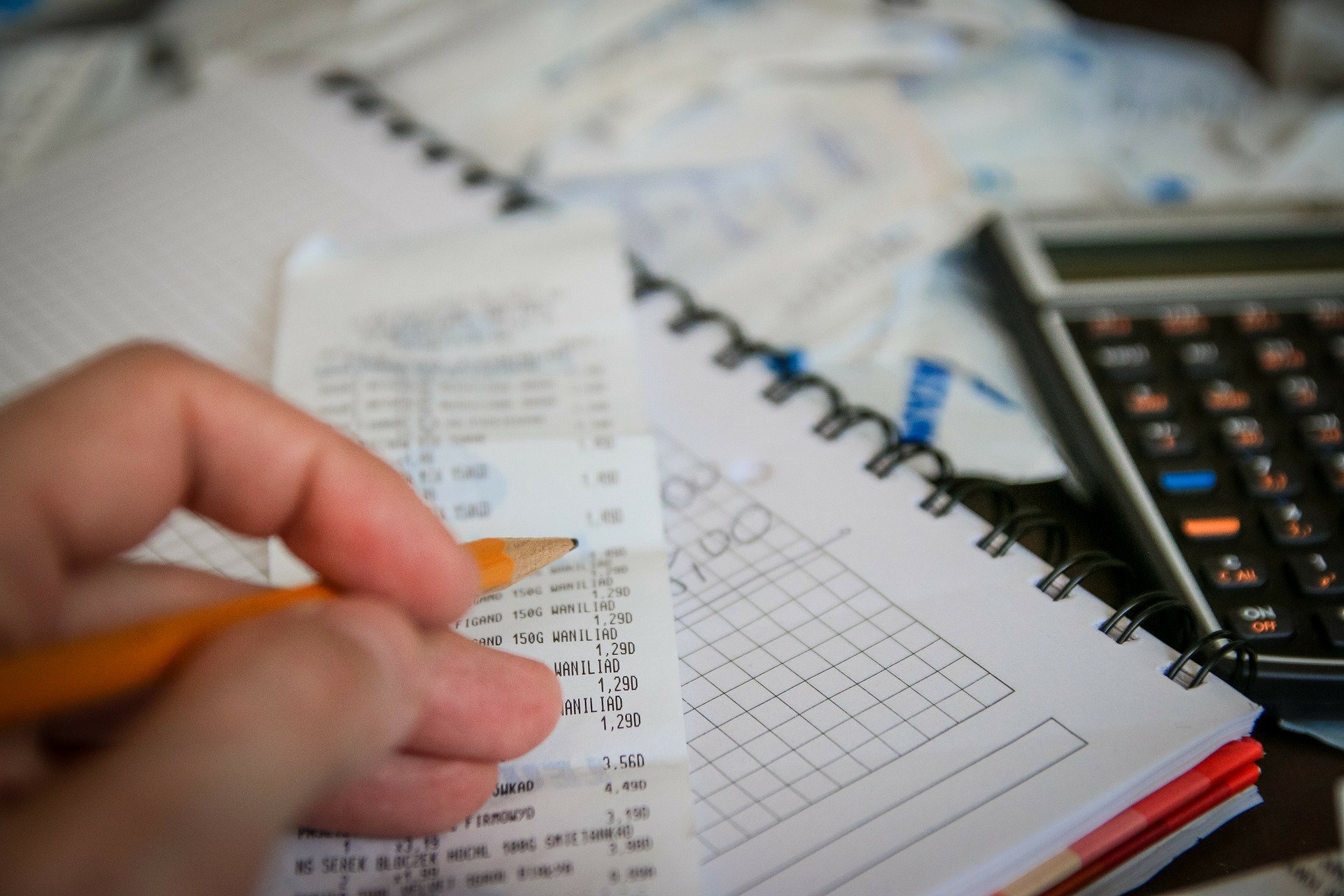Australia’s youth have to bear the brunt of our recession.
In a normal year, Australia’s youth struggle with paying their bills and building a healthy financial plan. However, as 2020 has progressed, it is becoming increasingly more difficult for our millennials to pay bills on time and budget their money.
According to experts, this is the best to to start introducing better goals and making savings plans.
In a research study conducted by Commonwealth Bank, it was discovered that 73 per cent of Australia’s millennials find it difficult to prioritise their finances. Despite this, 64 per cent also stated that their stress was relieved when they were able to track their finances – more so than things such as exercise (50 per cent).
According to the study, those who were able to list their monthly bills confidently were three times more likely to achieve their goals over the long-term than any others.

those who were likely to fall to pressure from society to spend copious amounts of money on fashion and technology were 26 per cent of men and 16 per cent of women.
Before the global situation, Megan Kearly, a Sydney-based gym supervisor, did not track her spending. She states she would often spend an estimated $400 per week on subscriptions and take-out food.
Now, Kearly’s bank account is healthier – and fuller – than ever before, as the 26-year-old believes the current situation around the world was a ‘wake-up call’.
Kearly states that “because we were home so much, I realised how much I could not spend and still enjoy myself.” Continuing, “and itemising my expenses was the penny-drop moment where I started to take a serious look into my spending habits and tailor my lifestyle to start saving properly for a vacation or a house or a car.”
Tracking your spending is crucial if you’re serious about saving, says expects. However, this is an increasingly difficult task with the ever-adapting technology allowing you to buy almost anything with a simple click.
By reducing the “pain of paying”, William Mailer, head of behavioural economics at Commonwealth Bank believes that it is harder to resist impulse buying now with the use of credit-cards and buy-now-pay-later services.
Mailer continues, stating “we used to count out our cash and that would come with an immediate negative sensation, and the downside of new products is that it’s now almost seamless to spend money, and that can mess with our savings goals.”
“There’s also a unique social context where [millennials] are digitally engaged and exposed to social media and targeted marketing that adds more social pressure to spend.”
“Banks are bringing out predictive tools that look at how our income profiles change and found what expenses and bills they can reduce, as well as others that provide immediate feedback as you’re spending to replicate that cash feel,” he said. This includes CommBank’s Bill Sense app feature that allows users to regain control of finances.
Due to the worlds current situation significantly impacting people, Molly Benjamin, founder of Ladies Finance Club, has agreed that more people now, than ever, are setting budgets.
Benjamin states that “the pandemic has really highlighted for a lot of people the importance of having an emergency fund, paying down high-interest debt and if they’re in a position to do so, look at investing.”
“This shock is a great time to re-evaluate and learn to have self-control on treating yourself because this sometimes prevents us from achieving our financial goals.
“So it’s important for people to include calendar notifications for bills on their phone, set up an account system that splits up living expenses from savings, and train your mind to talk positively about your money.”

Ms Benjamin believes that it is necessary to invest time in creating a system “of success” to set the foundations of tracking your spending and make saving your money easier.



































